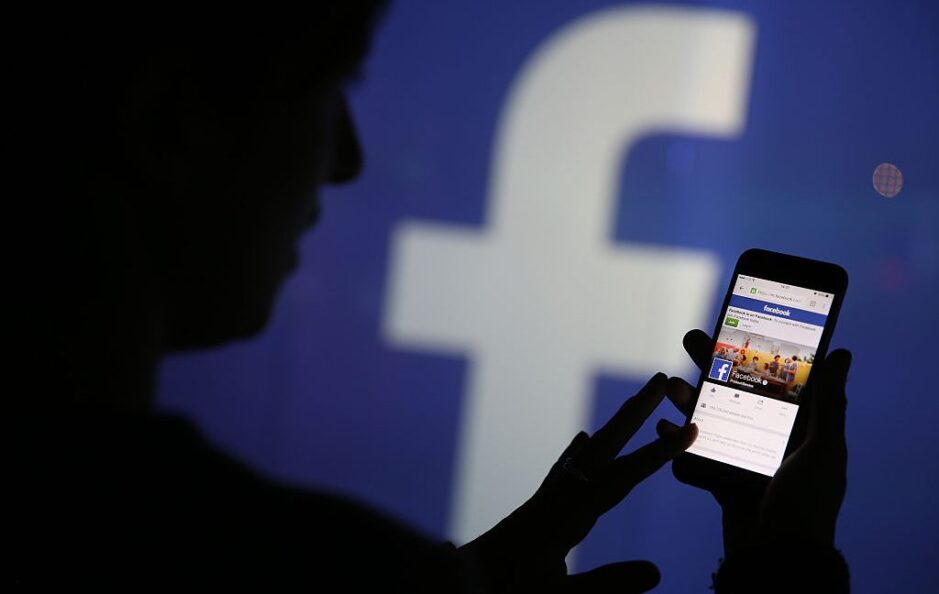The Link Between Problematic Social Media Use and Misinformation Spread
Introduction
In an era where social media has become integral to daily life, a growing concern is emerging around Problematic Social Media Use (PSMU). While not yet classified as a clinical addiction, PSMU shares several characteristics with substance abuse disorders. A recent study published in PLoS ONE sheds light on the connection between PSMU and the likelihood of believing and sharing fake news, which exacerbates the pervasive issue of misinformation online.
Understanding Problematic Social Media Use
Problematic Social Media Use (PSMU) refers to a pattern of excessive engagement with social media platforms that can lead to negative consequences. Though users may not display the same level of dependence as those with substance addictions, similar symptoms can manifest. According to Dar Meshi, a co-author of the study and a researcher at Michigan State University, individuals with PSMU may experience withdrawal-like feelings when unable to access social media. This disconnect can lead to job losses, poor academic performance, and even mental health issues.
Meshi explains, “If someone struggles with a substance dependency, it’s the decision-making process in their brain where they have difficulties stopping… Most people learn from a bad outcome and don’t do it again, but someone with a substance use disorder continues to do that action.” This parallel raises valid concerns about the decision-making abilities of those grappling with PSMU.
The Study’s Key Findings
In exploring the relationship between PSMU and misinformation, Meshi collaborated with fellow researcher Maria Molina, who specializes in the dynamics of misinformation spread. The researchers hypothesized that individuals with PSMU might be more inclined to engage with dubious content online due to impulsivity and risk-taking behavior.
To investigate this, Meshi and Molina recruited 189 college students who completed questionnaires that measured their social media habits and susceptibility to fake news. The study focused on direct actions such as clicking on links, liking, sharing, and commenting on questionable posts.
Initial findings reveal that individuals exhibiting traits of PSMU showed a higher propensity to interact with fake news. “Their risk evaluation is a little bit different than a neurotypical person,” Meshi noted, suggesting a unique cognitive processing at play in these users.
Misinformation vs. Disinformation
It is important to delineate between misinformation and disinformation. Misinformation refers to the unintentional sharing of false information, while disinformation is the deliberate spread of falsehoods with the intent to deceive. This distinction becomes crucial when examining the motivations behind why individuals share certain types of content online.
Given the researchers’ findings, it’s increasingly clear that individuals with PSMU may inadvertently become significant conduits for misinformation. Their impulsive engagement with social media complicates the landscape of information-sharing, potentially resulting in a wider dissemination of falsehoods.
Implications and Future Directions
The implications of these findings are significant, especially in light of ongoing concerns regarding the integrity of online information. As social media platforms continue to evolve, understanding the psychological factors contributing to misinformation spread is essential for combating its impact.
With the rise of false narratives and conspiracy theories, recognizing that PSMU may be a contributing factor is crucial for policymakers, educators, and mental health professionals alike. Future research could further explore how interventions aimed at reducing PSMU may help curtail the spread of misinformation.
Conclusion
The relationship between Problematic Social Media Use and misinformation is a complex issue that demands attention. As social media becomes increasingly entrenched in society, understanding the cognitive and behavioral patterns associated with PSMU can illuminate pathways to mitigate misinformation’s harmful effects. Social media users, scholars, and policymakers should work collaboratively to foster a healthier online environment, promoting responsible engagement while combating the rising tide of misinformation.









